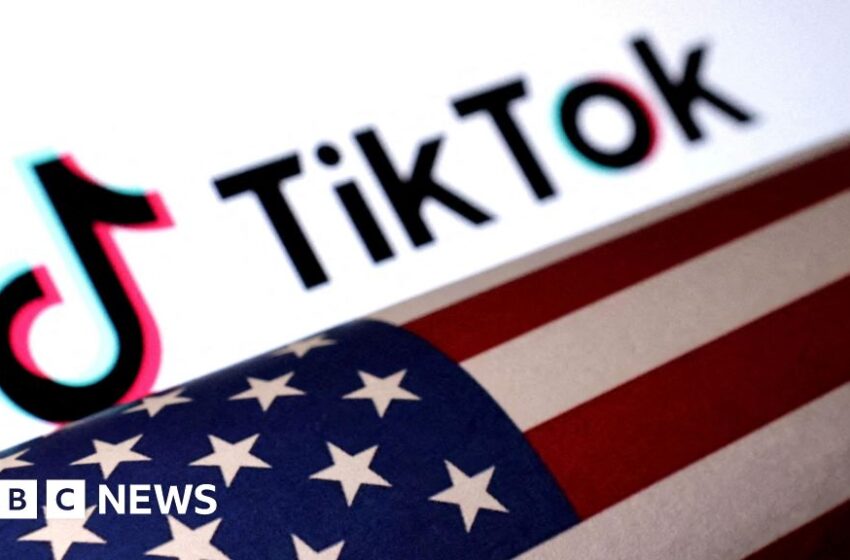No products in the cart.

[ad_1]
The court case has been closely watched both by those who use TikTok- and the app’s rivals.
Tiffany Cianci, a small business advocate and TikTok creator, said she was “not shocked” by Friday’s decision – but told BBC News she would not be shifting her TikTok content or presence to the platform’s rivals, such as Instagram.
“I’m not going to do what they want and take my content to their platforms where it’s not as successful where it’s more likely to be censored, where I am more likely to have less control over my audience,” she said.
Nonetheless, other platforms are positioning themselves for a post-TikTok social media landscape.
Meta, which owns Facebook as well as Instagram, WhatsApp and Threads, has sought to build rivals to TikTok’s short form videos within its own apps, and made changes that users have likened to TikTok amid questions over the app’s US future.
Jasmine Enberg, principal analyst at eMarketer, said there would be “major upheaval” if a TikTok appeal were to fail at the Supreme Court and a ban was enforced.
She said this would be “benefitting Meta, YouTube and Snap, while hurting content creators and small businesses that rely on the app to make a living.”
But TikTok won’t be easily recreated, said Cory Johnson, Chief Market Strategist at Epistrophy Capital Research. Johnson said deep learning models power TikTok’s recommendation engine.
“Enabling such complex AI and big data processing at TikTok’s immense scale requires a colossal and expensive technical infrastructure,” Johnson said.
He said TikTok’s hyper-targeting and China’s data laws pose significant risks, and pointed to Elon Musk’s alterations to algorithms at his social media platform X, formerly known as Twitter, as a cautionary tale.
In the run-up to the U.S. election, Musk’s political posts received more views than all U.S. political campaign ads on X’s disclosure dataset, Johnson said.
“We have very real and very recent experience in America with a social media network tweaking its algorithms to favor certain voices,” he added.
[ad_2]
Source link















